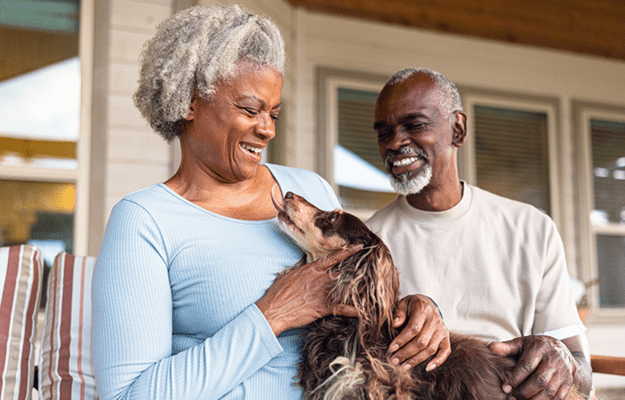
Some Childhood Health Behaviors Are Influenced by Caretakers’ Social Networks
- Title:
- Some Childhood Health Behaviors Are Influenced by Caretakers’ Social Networks
- Author:
-
Alene Kennedy-Hendricks, Heather Schwartz, Rachel Johnson Thornton, Beth Ann Griffin, Harold D. Green Jr., David P. Kennedy, Susan Burkhauser, Craig Evan Pollack
- Source:
-
American Journal of Public Health
- Publication Date:
-
2015
Do healthy behaviors of caretakers’ social networks influence children’s health? Alene Kennedy-Hendricks and her colleagues examined this question by surveying 209 heads of household and their children in subsidized housing in Montgomery County, Maryland. The 2011 survey assessed the caretaker’s perception of his or her social network’s health behaviors, asking whether those with whom he or she regularly associated exercised frequently, ate a healthy diet, were overweight, or drank alcohol socially. The authors compared the proportions of the caretakers’ social networks identified as exhibiting each health behavior with the health of the caretakers’ children, who were asked about the same health characteristics. Supplementing the survey with data from the county’s housing authority, the authors controlled for the demographics of the child and caretaker; the health characteristics of the child’s social network; the caretaker’s social network density, or how many of those in his or her social network knew one another and had interacted in the preceding year; and the type of public housing in which the family lived. Finding that certain health characteristics of children are associated with their caretaker’s social networks, the authors recommend that interventions targeting low-income children’s health behaviors consider the larger social environment, including those with whom their caretakers interact regularly.
Key findings
- Children’s likelihood of exercising was associated with the exercise behavior of those in the caretakers’ social networks, independent of the caretakers’ exercise habits and the children’s peer networks.
- After accounting for the caretakers’ exercise regularity and the children’s peer networks, children’s likelihood of exercising rose 34 percent for each 10 percent increase in the proportion of those in their caretaker’s social network who exercised regularly.
- Despite a child’s weight status being linked to a caretaker’s social networks, the association was no longer significant after factoring in the caretaker’s weight status.


